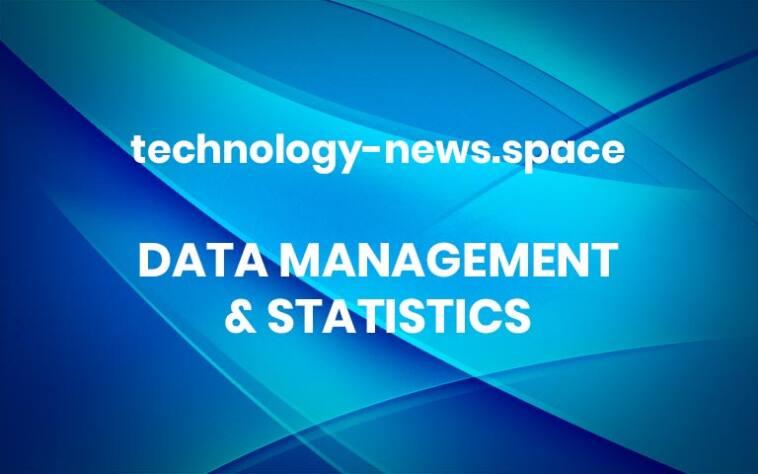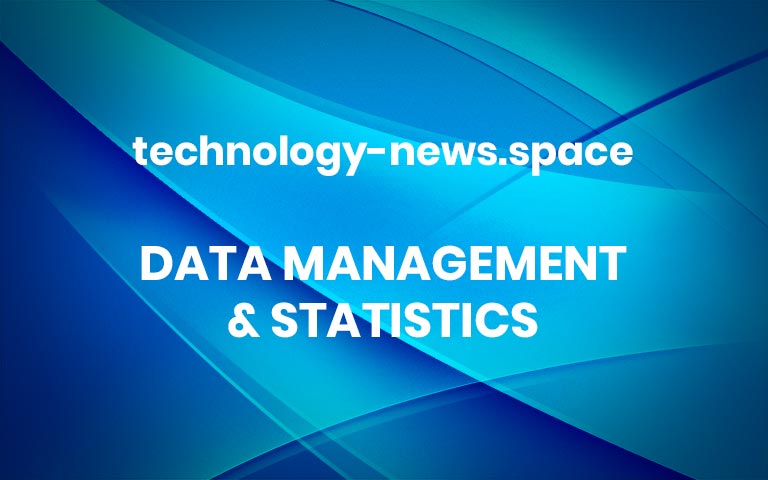Groundbreaking poverty alleviation project expands with new Arnold Ventures, J-PAL North America collaboration
J-PAL North America, a regional office of MIT’s Abdul Latif Jameel Poverty Action Lab (J-PAL), will significantly expand its work to conduct rigorous research and strengthen evidence-based policymaking due to a new grant from long-time supporter and collaborator Arnold Ventures. With Arnold Ventures’ new eight-figure grant over seven years, J-PAL North America aims to:substantially expand the evidence base on effective solutions to poverty;build the capacity and increase the diversity of its network of over 265 expert researchers;institutionalize the use of evidence among nonprofits and policymakers; andaccelerate the rate and scale at which evidence influences policy. Furthermore, J-PAL North America will leverage these funds to deepen its work centering racial and economic equity across our research network, the field of economics, and social policy. “J-PAL’s mission is to reduce poverty by ensuring that policy is informed by scientific evidence. We recognize that poverty is a pressing and complex issue, so we work to identify and scale solutions across various sectors, including education, health, and labor. This support from Arnold Ventures will take our work to the next level, creating new pathways for generating evidence, informing policy, and impacting lives,” says J-PAL North America Co-Executive Director Vincent Quan. “We are thrilled about this groundbreaking, expanded collaboration with Arnold Ventures on strengthening the evidence-informed ecosystem as we enter J-PAL North America’s second decade.” A long-standing collaboration for evidence-based solutions This new work builds on a long-standing foundation of successful collaboration between J-PAL North America and Arnold Ventures, who together have raised the bar for rigorous social science research and evidence-based policymaking. The research center recently celebrated its 10-year anniversary, having reached over 35 million lives by scaling evidence-based programs that have been rigorously evaluated by J-PAL affiliated researchers. J-PAL North America has worked with Arnold Ventures, along with other collaborators, to catalyze over 165 rigorous evaluations on topics ranging from summer youth employment programs to cash transfers. Arnold Ventures’ support for J-PAL North America’s research has helped shift over $518 million toward effective solutions to reduce poverty. For example, informed by J-PAL evidence, federal and state education agencies across the United States earmarked Covid-relief funds for tutoring to help accelerate learning in the wake of the pandemic. Justin Milner, executive vice president of evidence and evaluation at Arnold Ventures, explains that “Arnold Ventures is proud to have worked alongside J-PAL North America over the past decade, raising the bar for rigorous research and evidence-based policymaking. We’re excited to deepen our partnership to further institutionalize a culture of evidence among decision-makers and increase our collective impact in the years to come.” “J-PAL North America’s economic innovations and policy accomplishments directly advance SHASS’ mission of meeting the world’s great challenges. We are therefore eager for J-PAL North America to continue its essential work with Arnold Ventures, and look forward to seeing the impact of their collaboration on the larger MIT community and — most notably — the people in this region for years to come,” says Agustín Rayo, dean of MIT’s School of Humanities, Arts, and Social Sciences (SHASS). An urgent need for evidence-based solutions to address poverty Poverty remains a pervasive challenge in the North America region. In 2022, the official poverty rate in the United States was 11.5 percent, equating to nearly 38 million people living below the poverty line. The need to identify and scale effective solutions is paramount. J-PAL North America is excited to continue working with Arnold Ventures to build on the growing evidence-based policymaking movement, generate critical new research, and foster lasting policy partnerships to address some of society’s greatest challenges. Amy Finkelstein, J-PAL North America’s co-scientific director, says, “When J-PAL North America was founded, Arnold Ventures saw our potential to transform the meaning of impact evaluation in the region. Now, a decade later, we’re proud to further solidify our collaboration and build on the foundations we have created together. I am incredibly excited that this grant will enable us to further expand the knowledge base of effective solutions to poverty and to better support the scale-up of these solutions.” More



